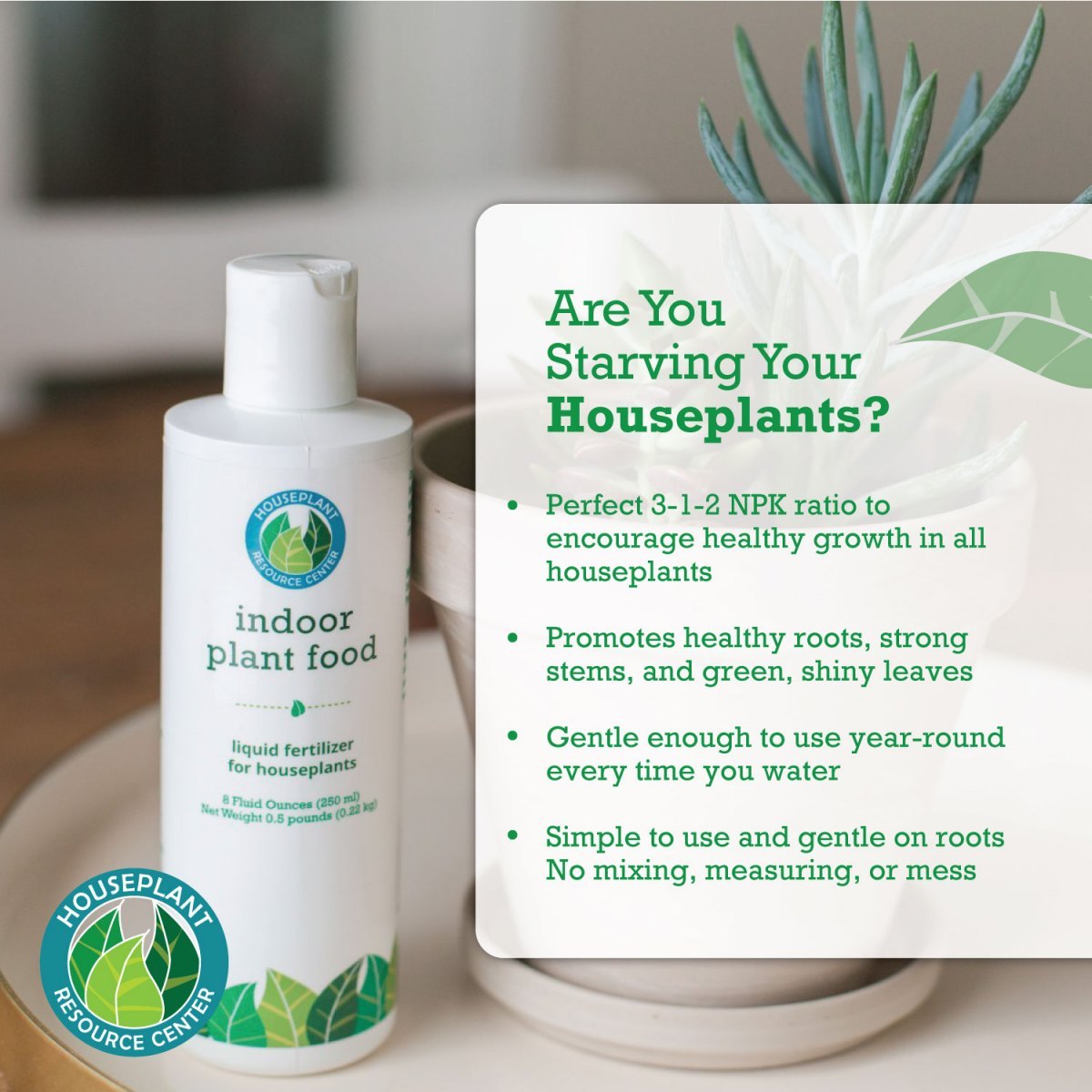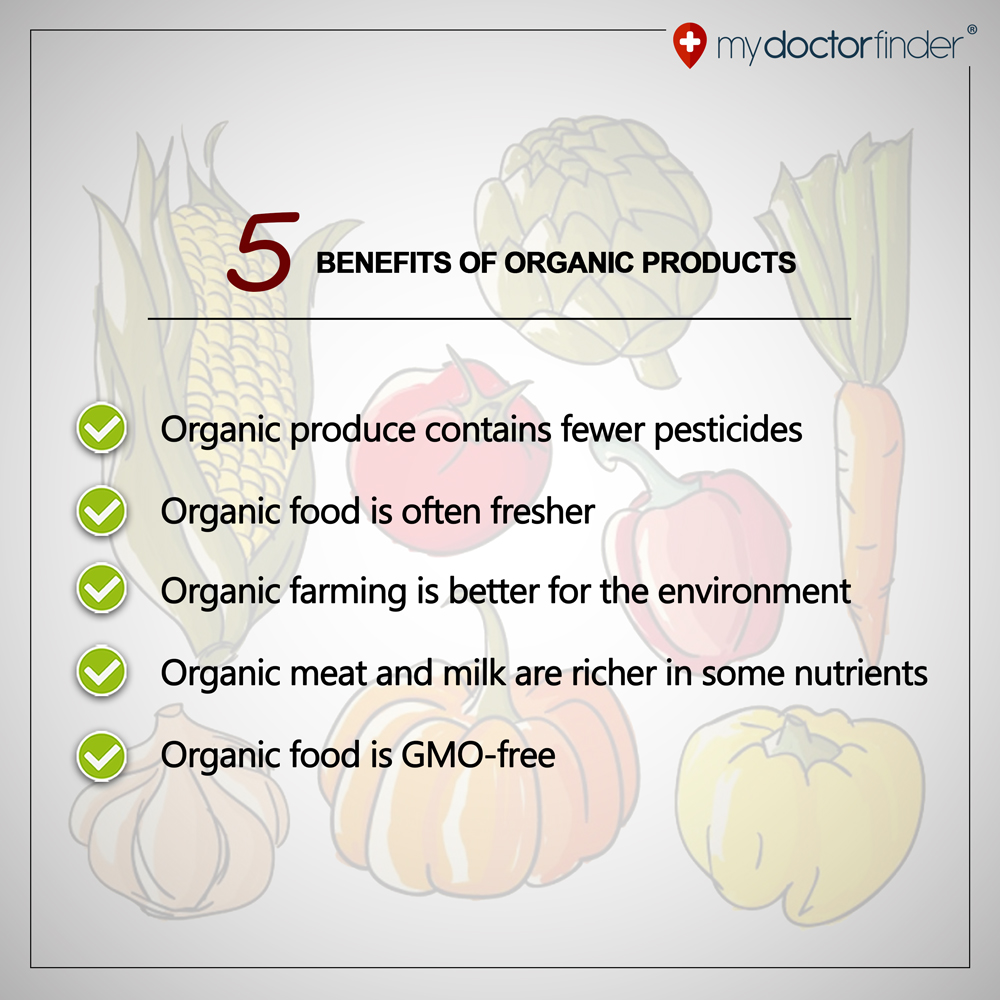Why Feed Your Indoor Plants?
Indoor plants require regular feeding to maintain their health and vigor. Providing the right plant food for indoor plants is crucial for their survival and growth. Without adequate nutrition, indoor plants can become weak, susceptible to disease, and may even die. Feeding indoor plants offers numerous benefits, including healthy growth, vibrant colors, and increased resistance to pests and diseases. By understanding the importance of plant nutrition, you can create a thriving indoor garden that brings joy and freshness to your home. In fact, using the right plant food for indoor plants can make all the difference in their overall health and appearance.
Understanding Plant Nutrients: The Building Blocks of Plant Health
Indoor plants require a balanced diet of essential nutrients to thrive. These nutrients can be broadly classified into two categories: macronutrients and micronutrients. Macronutrients, including nitrogen (N), phosphorus (P), and potassium (K), are required in large quantities and play a crucial role in plant growth and development. Nitrogen promotes healthy leaf growth, phosphorus supports root development and flower production, and potassium helps with overall plant health and resistance to disease. Micronutrients, such as iron, zinc, and boron, are required in smaller quantities but are equally important for plant health. A deficiency in any of these essential nutrients can lead to stunted growth, yellowing leaves, and increased susceptibility to pests and diseases. Using a high-quality plant food for indoor plants that provides a balanced mix of these nutrients is essential for maintaining optimal plant health.
How to Choose the Best Plant Food for Your Indoor Plants
Selecting the right plant food for indoor plants can be overwhelming, given the numerous options available in the market. However, by considering a few key factors, you can make an informed decision that meets the specific needs of your plants. First, identify the type of plant you have, as different plants have varying nutritional requirements. For example, flowering plants require more phosphorus, while leafy greens need more nitrogen. Next, consider the growth stage of your plant, as seedlings, mature plants, and blooming plants have different nutritional needs. Soil composition is another crucial factor, as plants grown in soilless mixes or hydroponic systems require different nutrients than those grown in traditional soil. When choosing a plant food for indoor plants, look for products that provide a balanced mix of macronutrients and micronutrients, and consider organic or synthetic options based on your personal preferences and the specific needs of your plants. By selecting the right plant food, you can provide your indoor plants with the necessary nutrients for healthy growth and development.
Top-Rated Plant Foods for Indoor Plants: A Review of Popular Options
When it comes to selecting a plant food for indoor plants, there are numerous options available in the market. To help you make an informed decision, we’ve reviewed and compared some of the top-rated plant food products. Miracle-Gro Indoor Plant Food is a popular choice among indoor gardeners, providing a balanced mix of nutrients for healthy growth and development. Scotts Osmocote 14-14-14 Professional Plant Food is another highly-rated option, offering a slow-release formula that provides nutrients to plants for up to 6 months. Espoma Organic Indoor Plant Fertilizer is a great choice for those who prefer organic plant foods, made from all-natural ingredients that promote healthy plant growth. When choosing a plant food for indoor plants, consider the specific needs of your plants, including their type, growth stage, and soil composition. By selecting a high-quality plant food, you can provide your indoor plants with the necessary nutrients for optimal health and growth.
The Benefits of Organic vs. Synthetic Plant Foods
When it comes to selecting a plant food for indoor plants, one of the most important decisions is whether to choose an organic or synthetic option. Organic plant foods, such as Espoma Organic Indoor Plant Fertilizer, are made from natural ingredients like bone meal, alfalfa meal, and feather meal. These plant foods promote healthy soil microbiology, improve soil structure, and provide a slow release of nutrients to plants. On the other hand, synthetic plant foods, like Miracle-Gro Indoor Plant Food, are made from chemical compounds and provide a quick release of nutrients to plants. While synthetic plant foods may provide rapid results, they can also lead to soil degradation, water pollution, and an over-reliance on chemical fertilizers. Organic plant foods, on the other hand, offer a more sustainable and environmentally friendly option for nourishing indoor plants. When choosing between organic and synthetic plant foods, consider the long-term health of your plants, soil, and the environment. By selecting an organic plant food for indoor plants, you can create a thriving and sustainable indoor garden.
Common Mistakes to Avoid When Feeding Your Indoor Plants
When it comes to feeding indoor plants, it’s essential to avoid common mistakes that can harm plant health and hinder growth. One of the most common mistakes is over-fertilization, which can cause more harm than good. Over-fertilization can lead to an overabundance of nutrients, causing plants to become weak and susceptible to disease. On the other hand, under-fertilization can also be detrimental, as plants may not receive the necessary nutrients for healthy growth. Another mistake to avoid is using the wrong type of fertilizer for your indoor plants. For example, using a fertilizer formulated for outdoor plants can be too strong for indoor plants, causing damage to the roots and leaves. Additionally, failing to read and follow the instructions on the plant food label can lead to incorrect application rates and frequencies. To avoid these mistakes, it’s crucial to choose a high-quality plant food for indoor plants, follow the instructions carefully, and monitor plant health closely. By being mindful of these common mistakes, you can ensure your indoor plants receive the necessary nutrients for optimal health and growth.
Creating a Plant Food Schedule: A Guide to Timing and Frequency
Creating a plant food schedule is crucial for providing your indoor plants with the necessary nutrients for optimal health and growth. The frequency of fertilization depends on several factors, including the type of plant, growth stage, and soil composition. As a general rule, most indoor plants require fertilization every 1-2 weeks during the growing season (spring and summer) and every 4-6 weeks during the dormant season (fall and winter). However, some plants, such as African Violets and Begonias, may require more frequent fertilization, while others, like Cacti and Succulents, may require less. When selecting a plant food for indoor plants, consider the product’s instructions and recommended application rates. It’s also essential to adjust your fertilization schedule based on seasonal changes, as plants may require more nutrients during periods of active growth. By creating a plant food schedule and sticking to it, you can ensure your indoor plants receive the necessary nutrients for healthy growth and development. Remember to choose a high-quality plant food for indoor plants, and don’t hesitate to adjust your schedule as needed based on plant response and growth.
Conclusion: Nourishing Your Indoor Plants for Optimal Health
In conclusion, proper plant nutrition is essential for creating a thriving indoor garden. By understanding the importance of feeding indoor plants, selecting the right plant food for indoor plants, and avoiding common mistakes, you can provide your plants with the necessary nutrients for healthy growth and development. Remember to choose a high-quality plant food for indoor plants that meets your plants’ specific needs, and create a plant food schedule that takes into account seasonal changes and growth stages. By following these guidelines and tips, you can create a nourishing environment that supports the health and vitality of your indoor plants. With the right plant food for indoor plants and a little care and attention, you can enjoy a beautiful and thriving indoor oasis that brings joy and serenity to your home.








